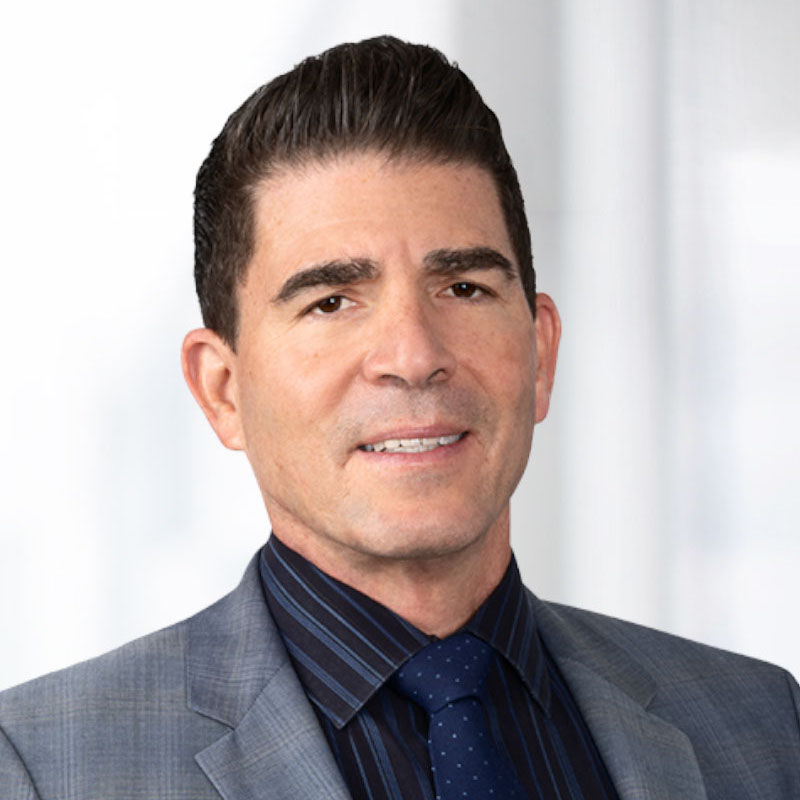
Scott Hervey
Shareholder
Weintraub Tobin
Scott Hervey is an Entertainment, Intellectual Property, and Business attorney who works with companies in a variety of different industries. As a Shareholder with Weintraub Tobin, he represents traditional entertainment and digital media companies, technology companies, early-stage investors, and all varieties of brand-driven enterprises in financing, mergers, acquisitions, licensing, and other general business transactions.
Scott’s Entertainment practice is primarily in the area of television and digital media. Scott regularly represents studios, television production companies, producers, directors, writer/showrunners in a wide variety of transactions, including network negotiations, development deals, and all forms of rights acquisitions. Scott is the co-lead of the Firm’s Business & Legal Affairs group, which provides outsourced comprehensive business, legal, and production affairs to clients requiring either a full-service solution or an interim/project-based solution. In the area of emerging media, Scott represents investors, venture capital funds, and emerging growth companies in financing transactions. Scott also represents top digital media content creators, digital media studios, YouTube Networks, and other new technology companies in a wide variety of matters, including acquisitions, production, clearance, and general business matters. Scott previously served as the acting business affairs director for the publicly traded digital content company Digital Music Group, Inc. (now The Orchard).
Scott has extensive knowledge and experience in trademark law. He has represented clients in domestic and international trademark registration and enforcement in a variety of industries such as legal cannabis, cosmetics and beauty, fitness, gaming, entertainment and hospitality, wine and spirit brands, medical devices, and sports and entertainment.
Scott was featured in Variety’s 2014 Legal Impact Report and has been listed as a “Super Lawyer”® in Intellectual Property on numerous occasions. He was a professor of entertainment law at King Hall law school, U.C. Davis, and regularly speaks at various industry events about digital media. Scott serves on the Hollywood Radio and Television Society (HRTS) board of directors and is the co-chair of HRTS Unscripted Content Group.
Scott is a frequent contributor to The IP Law Blog. With fellow IP attorney Josh Escovedo, Scott hosts The Briefing from the IP Law Blog podcast on current trademark, copyright, and patent law, as well as IP litigation and intellectual property in the news.

Recent Articles by Scott Hervey
Tennessee’s recent legislative move, the ELVIS Act (Ensuring Likeness, Voice, and the Image Security Act of 2024), has garnered attention for its efforts to address the challenges posed by artificial intelligence in the music industry. Signed into law on March 21, 2024, the ELVIS Act represents a big step by a state with a huge music industry presence to prevent the unauthorized use of artificial intelligence (AI)-generated musician soundalike content. But is it enforceable?
As we step into a new year, the landscape of influencer marketing is witnessing notable changes that impact both brands and talent due to recent updates to the Federal Trade Commission’s (FTC) Guide on Endorsements and Testimonials in Advertising. Let’s delve into the key insights shared in this informative conversation.
“Show me the money.” “Who you gonna call?” “Go Ahead. Make my day.” While catchphrases like these often hold immense value and creators of these phrases may seek to prevent others from using them under any circumstances, the protectability of short phrases is not always straightforward.
Journalist Bob Woodward interviewed President Trump on numerous occasions during his 2019 and 2020 presidency. Trump granted consent to be recorded for Woodward’s upcoming book. Woodward later released segments of these recordings, along with one recording made with Trump during his presidential campaign in 2016, as part of an audiobook, The Trump Tapes. Trump claims that Woodward did not have his permission to release these audiotapes as a separate audiobook and sued Woodard and his publisher for, among other claims, copyright infringement.
The 1950 case Desny v. Wilder set the ground rules for an idea theft/implied contract case in California. In Desny, the plaintiff Victor Desny wrote a script depicting the real-life story of Floyd Collins, a boy who made headlines after he was trapped in a cave 80 feet underground. In an effort to market his script, Desny called Billy Wilder, a writer, producer and director at Paramount Pictures. Desny could not get through to Wilder and subsequently stripped his script to the bare facts so that Wilder’s secretary could copy it in shorthand over the phone. After reading his synopsis, Desny told Wilder’s secretary that Wilder and Paramount could use the script only if they paid him a reasonable amount for doing so. Shortly thereafter, Wilder created his own movie script mirroring Desny’s. Because Desny’s script was based on historical facts, and because Desny only conveyed the bare minimum of those facts to Wilder’s secretary, both parties conceded for the purpose of the appeal that the synopsis was not sufficiently original to form the basis of a federal copyright claim. The court, however, held that Desny stated sufficient facts to establish the existence of an implied-in-fact contract between the parties.

![[IPWatchdog Logo]](https://ipwatchdog.com/wp-content/themes/IPWatchdog%20-%202023/assets/images/temp/logo-small@2x.png)